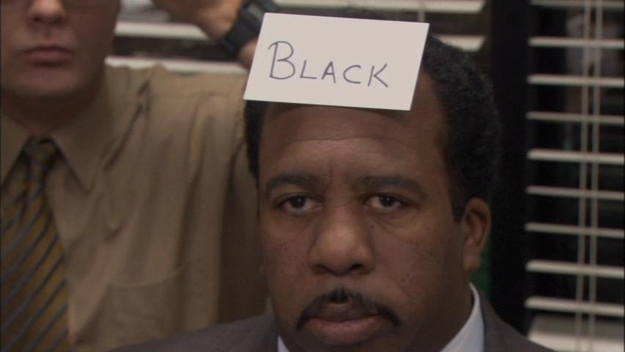“Formation” stirred up varying emotions within me, one of them being sadness. I explore what I have termed the black saviour complex.
I loved Blue Ivy’s cameo. I loved that in a single line, Beyonce tells those who criticise her husband’s aesthetics where to stick it. I even loved the braids. Beyonce released “formation” without prior warning and the whole world watched. The whole world watched the police car sink with Beyonce on top of it and whatever you thought of Beyonce prior to the release changed in those 4v minutes and 52 seconds. This wasn’t the Beyonce circa 2003 who was telling us how crazy in love she was. This Beyonce, became a voice for black people in and outside of America in minutes.
Seeing “Formation” sprawled all over twitter that night piqued my curiosity. I watched the video and understood why phrases like “black activism” and “#blacklivesmatter” were being ascribed to it. As mentioned earlier, Beyonce is sitting on police car deep water. There isn’t a single white dancer and the lyrics reflect Beyonce’s identity as a black woman. So naturally, Beyonce and “Formation” became a champion for black-ness. However, I never miss an opportunity to remind black people that black stars shouldn’t reinforce your blackness.
The wave of killings of black men and later black women by white police officers sparked a lengthy discourse about the strained relationship between black people and American Law. BlacklivesMatters grew out of the painful realisation that the law was not neutral in serving justice. However, what was clear from the monstrosities was the perpetual need for a black star to speak out as if to say the movement could only be validated unless endorsed by them. The release of formation has once again shown our longing for another esteemed black person to tell us that our fight to be seen is ok and our blackness is to be celebrated. You didn’t need Beyonce to tell you that, you were celebrating your blackness and doing so perfectly independent of her sentiments.
I worry that the black community suffers from a black saviour complex, constantly head-hunting for a figure that will authenticate their blackness. I started a conversation about black people loving their noses regardless of the line “I like my negro nose with Jackson 5 nostrils” but amidst all the hysteria of the video my message was lost. I had a beehive “stan” accuse me of not knowing where my allegiance lied because Beyonce was showing us scenes of blackness that we had never seen before. But I have seen those scenes before. I hear it every time I call my mum in Nigeria and we laugh about something only Nigerians will laugh about. I see it every time I’m amidst my beautiful black girlfriends who are quietly raising their own bars and setting their own standards. I see it in my predominantly black church especially on the first Sunday of every month, when everyone is arrayed in colour and splendour. I see blackness everywhere.
I am reminded of the hysteria that followed Lupita nyong’o when she first emerged. Her prominence gave many Black women the confirmation they sought and that is concerning. I remember posing a poignant question at the beginning of an article, “before Lupita did you not know your black was beautiful?” and I’m posing a similar one now, “ before formation did you not know your negro nose was a work of art?” This is not to say that women like Beyonce and Lupita shouldn’t be celebrated because they should but should they custodians of what it means to be black? Should their existence validate yours? Never. Black and beautiful campaigns lose ground when we only see our beauty through the lens of black stars.
We deify black celebrities because to not would be vilify ourselves supposedly. That’s why the beyonce stan questioned my disinterest in the video. I’m less black if I do not join the brigade that fails to look at the ramifications of something because it was created by a black artist and this takes away from having any real discourse about why such an enormous desire to have our blackness validated exists in the first place.
“How did [we] overlook themes in “Formation” that dredge up some of [our] oldest pains for the sake of enjoying a music video? Says Dr Yaba , who offers her own critique on Formation and I couldn’t agree more. She continues by saying, “And while I am impressed by the online conversations that Beyoncé has sparked yet again, I am discouraged by our inability to be honest about our own stuff.” I’m underlining an issue that has gone on for so long within the black community, the issue of wanting to be endorsed by other prominent black people without noting that a problem exists.
